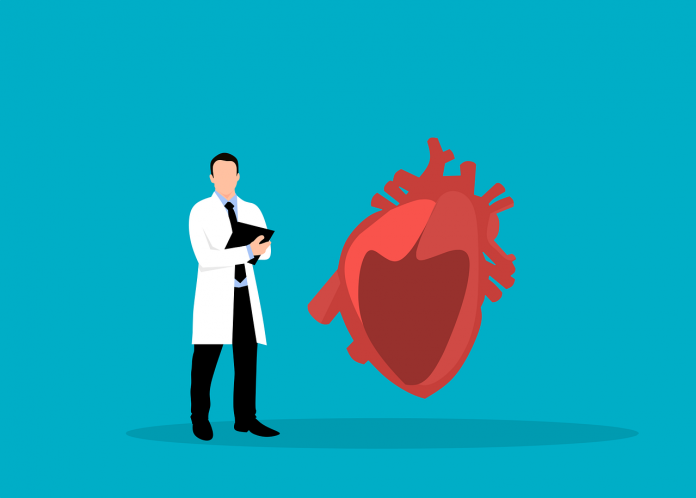Can Heart Disease Begin in the Gut?
The good news is that heart disease can be prevented by a simple lifestyle. The bad news is that not all heart diseases are the same and some are more likely to occur in people with a genetic predisposition. Heart disease, coronary heart disease, coronary artery disease, and angina pectoris are all common conditions. The condition is also affecting many other people as well.
There is a great deal of evidence that heart disease can start in the gut, but what causes it and how is it prevented? If you ignore this information until too late, then you may be putting yourself at risk. Health experts have expressed concern that heart disease can begin in the gut and then move to other organs. There are several diseases that may be prevented by taking the right steps. This is because heart disease has many causes which can be detected early and treated before it progresses.
The incidence of coronary heart disease is increasing. The cause of this increase is largely unknown. However, there are many studies suggesting that gut health may be linked to coronary heart disease risk. It seems likely that the mechanisms driving the development of coronary heart disease may involve changes in the gut microbiome, but what exactly causes this change remains largely a mystery. The microbiome has been implicated in autoimmune disorders, inflammatory bowel conditions, and other serious diseases.
The last and least appreciated way in which dense, small LDL particles may overexpress themselves in the body is through an unhealthy gut. There is an incredibly large population of bacteria residing within our intestines. These microorganisms enhance our lives in invisible ways and are generally friendly. Bacterial fragments can “bleed” into the bloodstream when we ignore their turf, which causes major health issues.
Among these are lipopolysaccharides, or LPS, also known as bacterial endotoxins (meaning “internal toxins”). As opposed to the highly corrosive hydrochloric acid that is kept in your stomach, the endotoxin in your intestines is stored safely.
While the stomach is a place where nutrients are passively transported into circulation, the lower GI tract is active. Because of the western diet and lifestyle, it’s quite a selective system, but the barrier that controls transactions can become excessively porous, allowing LPS to penetrate.
As firemen trained to put out a fire, our bodies may send LDL cholesterol carriers to the rescue as a means of damage control. LDL particles are believed to act as anti-microbials by containing docking sites known as LPS-binding proteins, which allow them to soak up renegade LPS. The liver produces more LDL to bind and neutralize LPS when it detects it has entered circulation via inflammation.

As a result, a chronically leaky gut may cause LDL levels to spike. Moreover, the binding of LDL with LPS can impair the liver’s ability to dispose of these endotoxin-carrying particles, something that is doubly problematic. For this reason, a growing number of cardiologists believe heart disease arises in the gut. You can promote healthy LDL levels by protecting your gut in the following ways:
-
Consume plenty of fiber. Asparagus, sunchokes, garlic, onions, leeks, and shallots are excellent sources of fiber, along with dark leafy greens like spinach and kale. Slowly increase the amount of food you eat to avoid any digestive discomfort.
-
Increase your intake of raw probiotic-containing foods. Kimchi, sauerkraut, and kombucha -my personal favorite – are all good options.
-
Take in lots of polyphenols. Your gut microbes as well as yourself will benefit from them. Extra-virgin olive oil, coffee, dark chocolate, and berries are all excellent sources of antioxidants. In addition, onions have been shown to support gut health.
-
Reduce the amount of sugar added to your diet in the form of fructose. In addition to increased intestinal permeability, fructose from organic table sugar (which is 50 percent fructose and 50 percent glucose), agave syrup (the highest fructose source), and high fructose corn syrup (which is 55 percent fructose) can also facilitate the release of LPS into circulation.19 However, eating whole low-sugar fruits is fine, since they contain fiber and nutrients that help the gut resist permeability. It’s long live the resistance!
-
Don’t eat wheat or processed foods. The protein gluten, which is found in wheat and added to a number of processed foods, increases the gut’s “pores.” This effect may be magnified by low-fiber diets and additives common in processed foods.

Heart disease, coronary heart disease, coronary artery disease, and angina pectoris are all common conditions.






